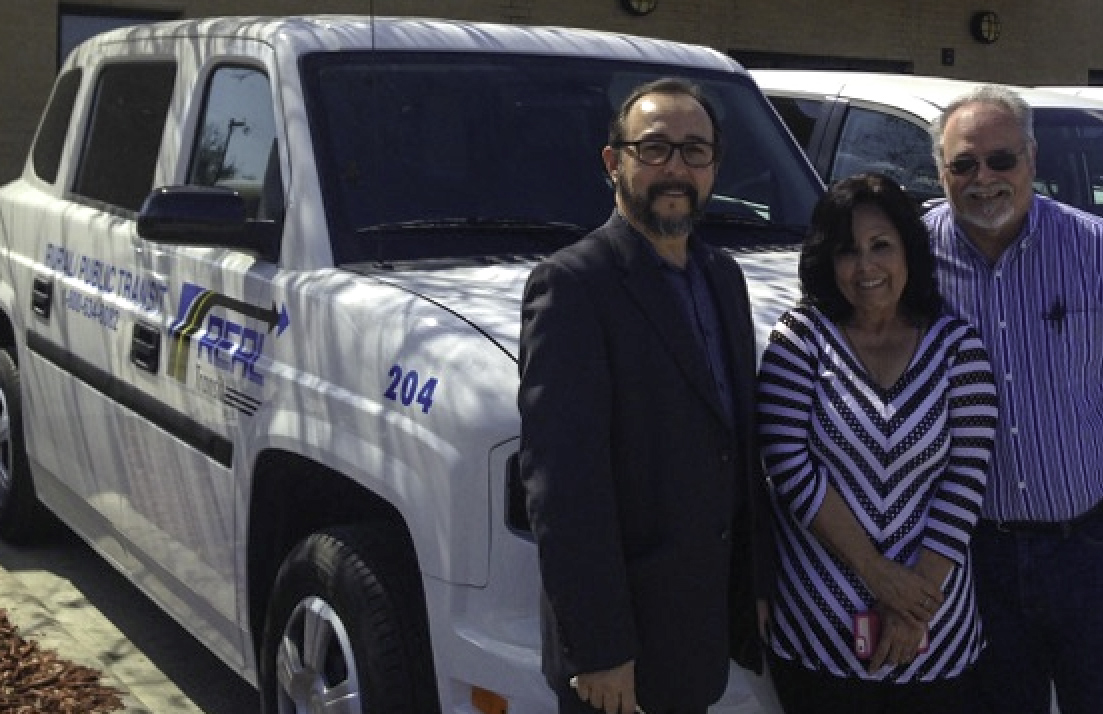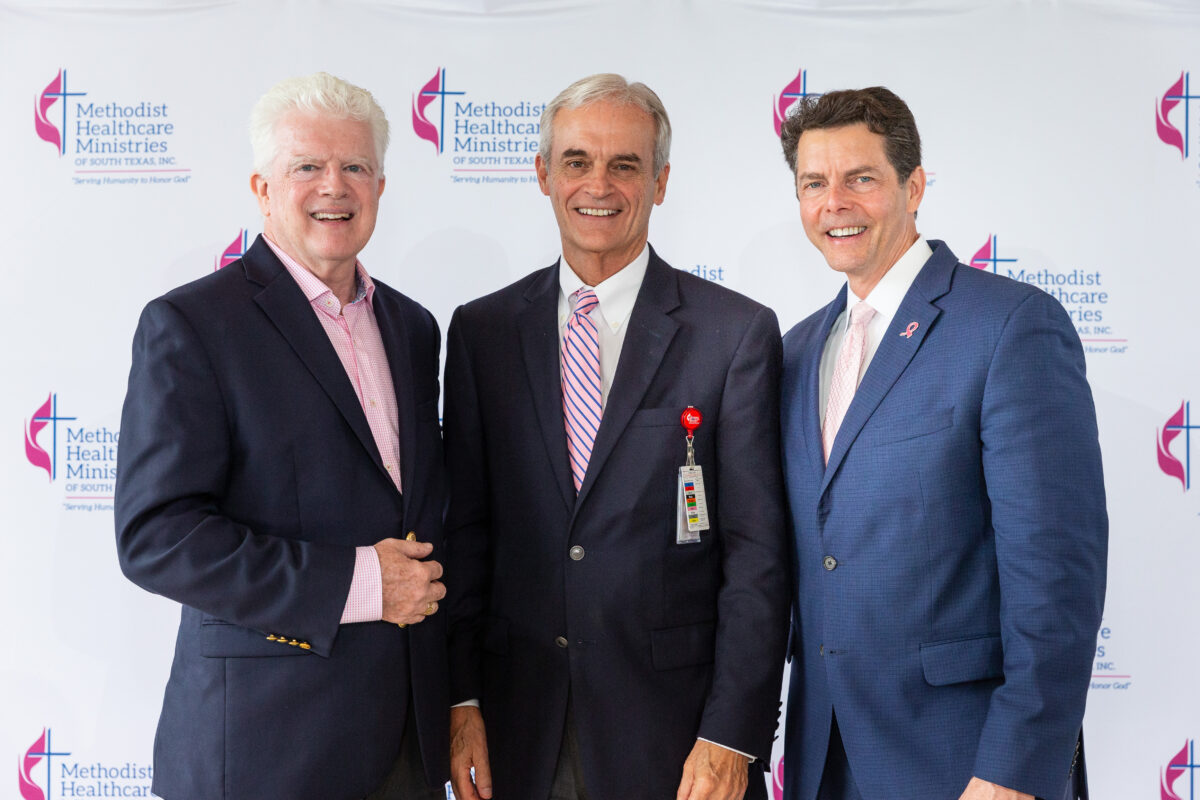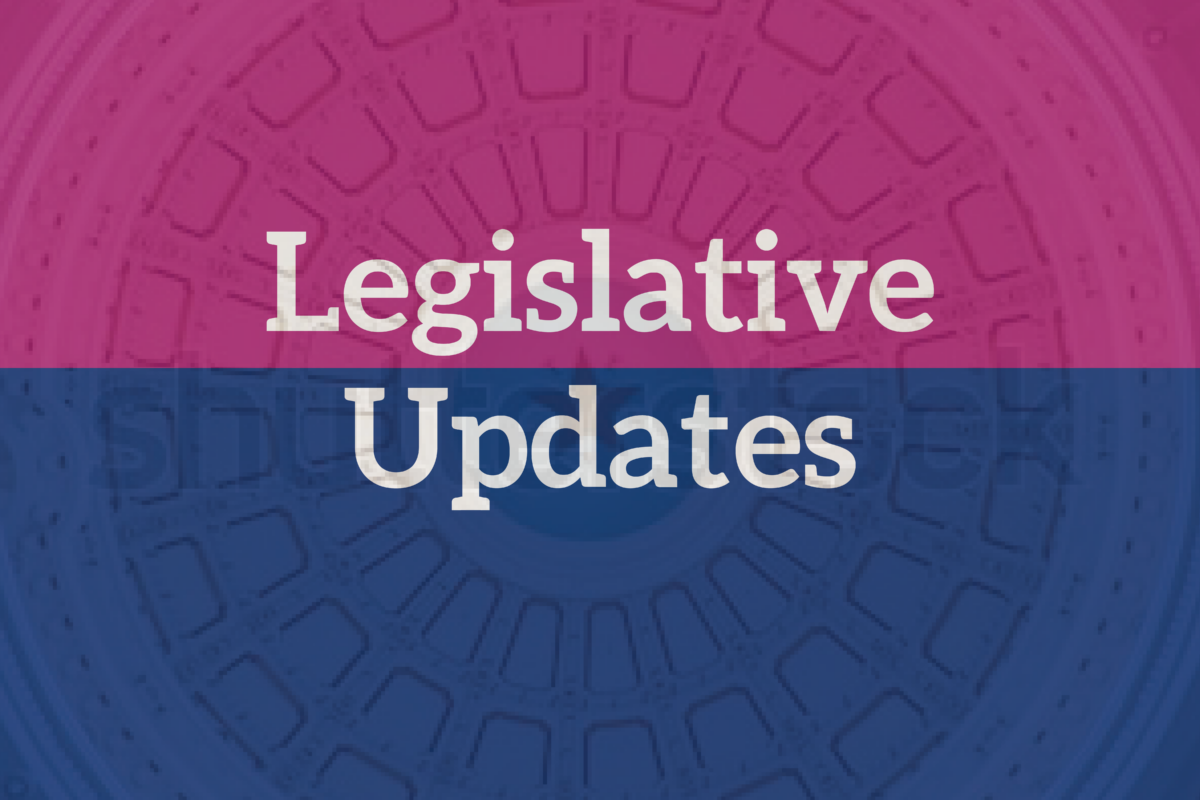Grief and the Holidays
Parties, food, Christmas movies, and music are some of the many ways people celebrate the holiday season. In addition, there is shopping and decorating going on everywhere. It is impossible to steer away from the festivities around us.
For many, the holidays are a joyful time of the year. For others, the season is a difficult one. Some people are in a season of grief. They have experienced the loss of a loved one, close friend, or an animal companion.
Grief can be overwhelming for some, especially when many traditions were created with loved ones who are no longer here. Traditions like making tamales or baking cookies together, going light riding through town, attending Christmas musicals, and the list goes on. These reminders can trigger specific memories, causing deep sadness for grievers.
Celina Gonzalez, a behavioral health counselor at Methodist Healthcare Ministries’ Dixon Health & Wellness Center, said it’s important to try and honor the memory of a loved one who has passed away, as part of the grieving and healing process. You can also decide what traditions you’d like to keep or create new ones in honor of your loved one.
“When you honor a loved one, it helps bring comfort. You can do this in many ways. You can make an ornament that reflects their personality, plant a tree, visit the cemetery with flowers, or prepare their favorite dish,” said Gonzalez. “It’s about celebrating them in your own way.”
She also said it’s OK to skip the holidays, if you don’t feel up to it.
“You don’t have to go to the parties or get into the holiday spirit. It’s normal to feel sad, and often times depressed, for a season. Give yourself permission to grieve because what your feeling is real,” she said. “Also, there’s no timeframe for grieving. Everyone is different and should grieve for as long as needed.”
Gonzalez said there are also other types of losses causing people to feel blue during the holidays. They include the loss of a job, home, finances, relationship (divorce), dream, and health. These losses can make it extremely difficult for individuals to feel like celebrating.
If you or someone you know has recently experienced a loss, Gonzalez shares a few things you can do to help get through the season.
- Draw from your inner strength to work through the healing.
- Go for a walk, it will help clear your thoughts. And, don’t forget to breathe.
- Talk with someone who understands your loss. Perhaps make an appointment to see a grief counselor.
- Join a grief support group. It will help connect you with others experiencing similar losses.
- Get plenty of rest and drink lots of water. This will help keep you healthy.
Gonzalez said it’s important to reach out to family, friends, or a professional counselor, if you are feeling overwhelmed with grief. But most of all, give yourself the gift of allowing yourself to work through the pain and grief, and construct a new connection with the deceased.
Methodist Healthcare Ministries is dedicated to creating access to healthcare for the uninsured through direct services, community partnerships, and strategic grant-making in 74 counties across South Texas. Guided by its mission of "Serving Humanity to Honor God," the organization’s vision is to be the leader for improving wellness of the least served. The mission also includes Methodist Healthcare Ministries' one-half ownership of the Methodist Healthcare System, the largest healthcare system in South Texas, which creates a unique avenue to ensure that it continues to be a benefit to the community by providing quality care to all and charitable care when needed. For more information, visit www.mhm.org.






 Partners like
Partners like 













